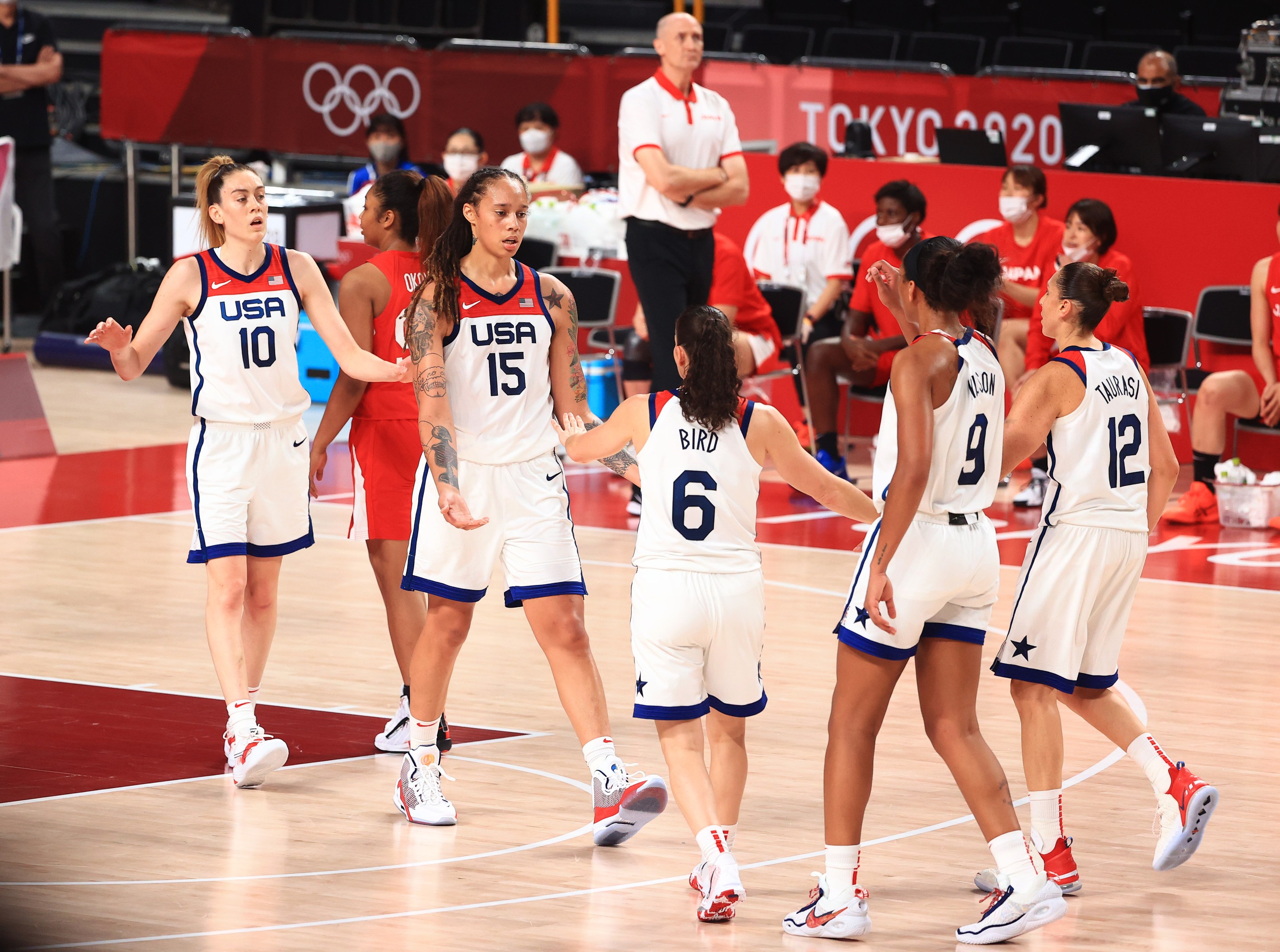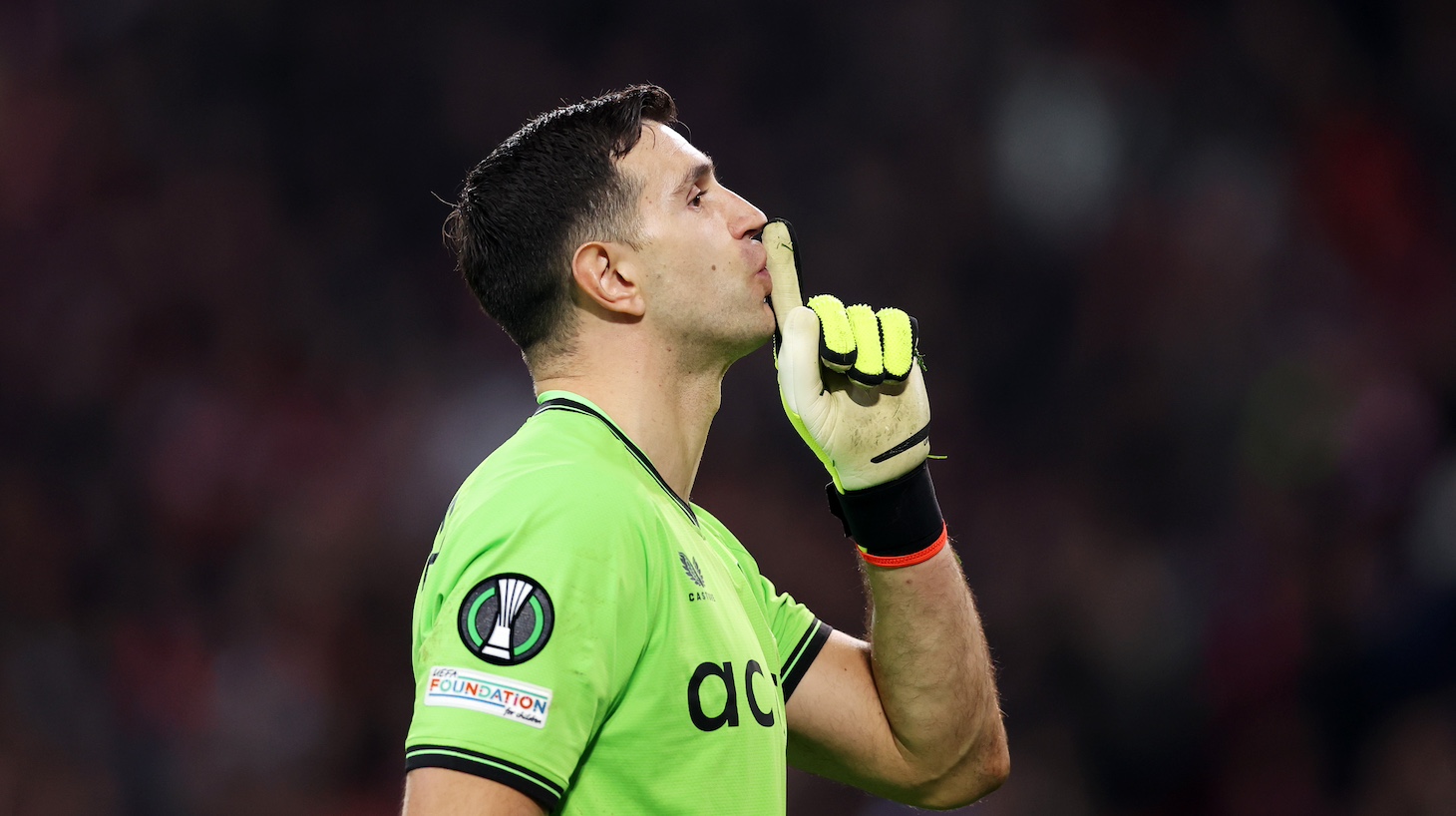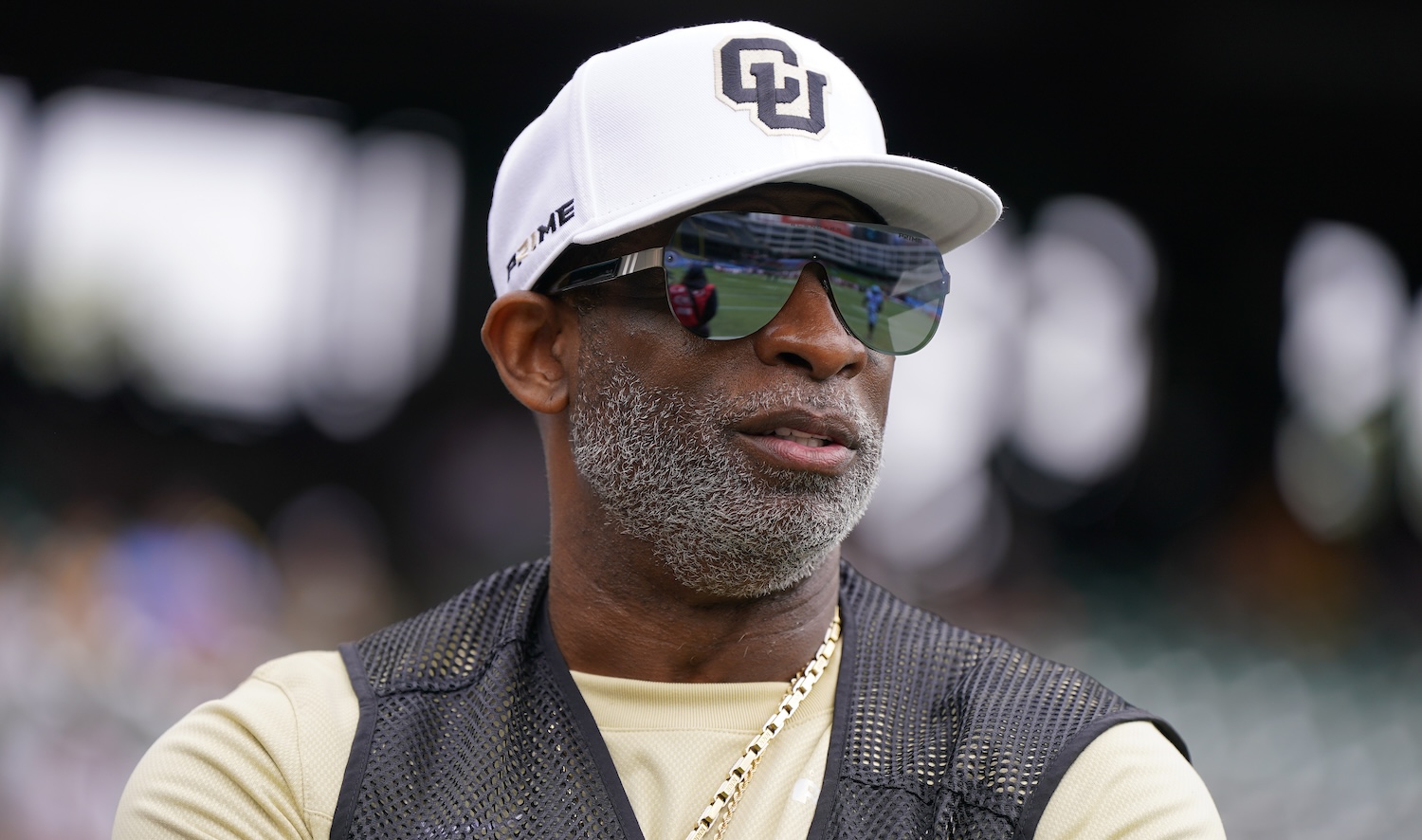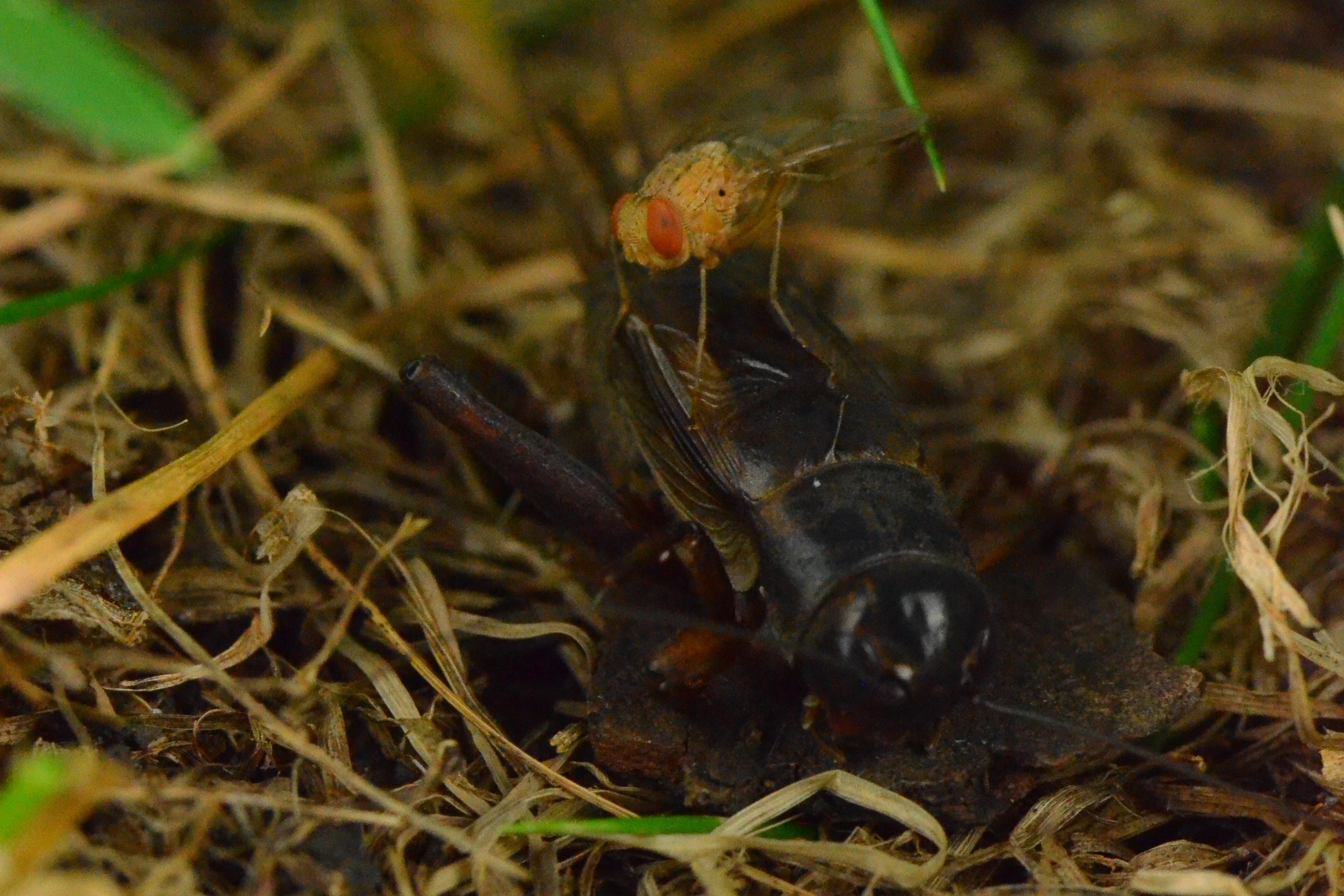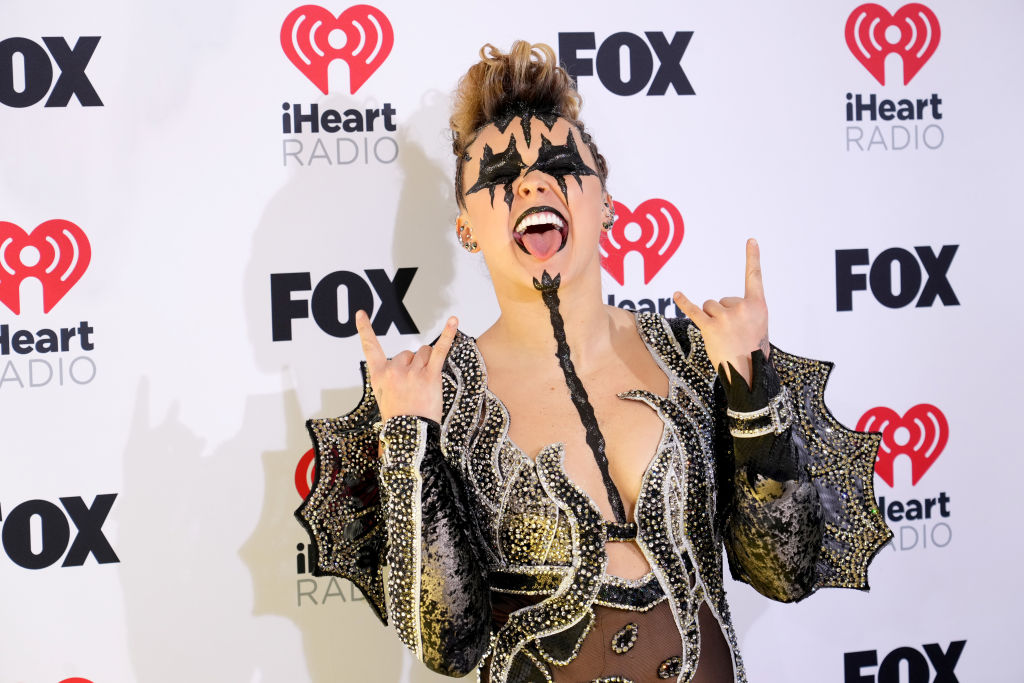The U.S. women's basketball team defeated Japan 90–75 on Sunday in Tokyo and won the program's seventh straight Olympic gold medal. A basic inequality helped: 6-foot-9 (height of Brittney Griner) is greater than 5-foot-9 (height of average Japanese player). As a game of basketball, it was neither suspenseful nor really memorable; a couple days later, the only moments that float to mind are a Breanna Stewart block and an A'ja Wilson steal. But as a last hurrah for some women who have served the U.S. national team for the last decade-plus and as a sign this institution WNBA players still cherish is in good hands in the years to come, it was plenty. "Couldn't have asked for a better ending," said Sue Bird, 40, who won an Olympic basketball record fifth—and she confirmed, final—gold.
Diana Taurasi, Bird's fellow elder stateswoman and five-time gold medalist, almost certainly played her final Olympics, too. (Pay no mind to the last words in her postgame interview, a typically sly "See you in Paris.") And it wouldn't be surprising if Skylar Diggins-Smith, Tina Charles or Sylvia Fowles didn't return to the team in 2024. The vacancies are rare for a program known to turn over its roster very, very slowly, and exciting, given the young WNBA and college talent waiting in the wings.
On one hand, that's been a nice problem to have. Other national teams dream of talent pools so deep a recent regular-season WNBA MVP can be left off the roster with virtually no effect on the medal chances, as Sparks forward Nneka Ogwumike was before Tokyo. But the snubs hurt. You get the sense that despite the likelihood of gold, playing on the U.S. Olympic squad remains a truly meaningful opportunity on the women's side. Becky Hammon, down on her chances to make a Team USA roster, joined the Russian national team in 2008 for a $2 million CSKA Moscow contract and a six-figure medal bonus, money she once told Sports Illustrated she would have turned down "in a second" for the chance to represent the U.S. "I've just never been one of the girls, and that's OK," Hammon said. Ogwumike spoke a bit about her Olympic roster struggles at a Sparks media availability on Monday, before taking a break to wipe away her tears. “It’s been a few weeks of feeling unvaluable or unworthy. It's been very difficult," she said.
Those are the sorts of politics and wounds at play as the team undergoes a fascinating changing of the guard. It feels silly to refer to the performances of two established MVPs as "breakout" or a "coming out," but the Tokyo Olympics established Wilson and Stewart, who led the team in scoring alongside Griner, as the program's clear new headliners. Bird and Taurasi offered some valuable veteran steadiness, but they looked fairly pedestrian on the court this time around.
"This was somewhat the same but humbling at the same time,'' Fowles told the Minneapolis Star Tribune when asked to compare this gold medal to her previous three. "Just to see yourself go through that transition of being the youngest and then turning into a veteran, and having the younger players come to you."
Head coach Dawn Staley knows that transition, maybe better than anyone else. She's been with six Olympic teams in some capacity—playing on the 1996, 2000, and 2004 teams and as an assistant on the 2008 and 2016 teams before assuming the head coaching role for this Olympic cycle. She told media after the gold medal game that she doesn't plan to coach the national team again. Likely, the full-time job of running an elite college program is enough for her. Her explanation was very charming: "Me being a part of, I believe, six—that’s enough. I’m full. I’m full," she said.
A new backcourt, probably some new bigs, a new head coach—it's quite the to-do list. Funny enough, the person you'd expect to be keeping that list, Carol Callan, director of the women's national basketball team since 1995, also announced about a month ago that she'd be stepping down from the role. These departures are probably everyone just being old and tired at the same time, but I do wonder if it's extra hard to let go of something you remember in its more precarious days, if you're always hanging on a little bit longer for the last bit of reassurance that it'll survive without you.
By the time the U.S.-Japan game tipped off, my interest in the U.S.'s dominance had worn off a little. Most of my Olympic basketball-watching energy this year was channeled into doomed flirtations with other teams I found more interesting. (Canada ... I think I jinxed you with this blog and am sorry. Belgium ... next time. Japan, I'm so proud!!!) But the U.S. win, and seeing how happy it made everyone, did zap the goosebumps back onto me. This competition is American women's basketball's proving ground, where the idea that maybe you could make a living playing basketball in the States was born, the first place many WNBA players saw women's basketball stars on national television. The history is rich, but relatively recent. To players young and old, it still matters.
If you liked this blog, please share it! Your referrals help Defector reach new readers, and those new readers always get a few free blogs before encountering our paywall.
Staff Writer
Stay in touch
Sign up for our free newsletter
